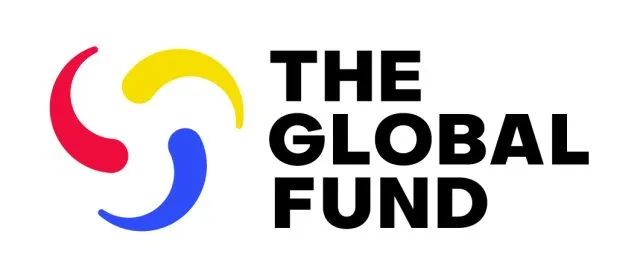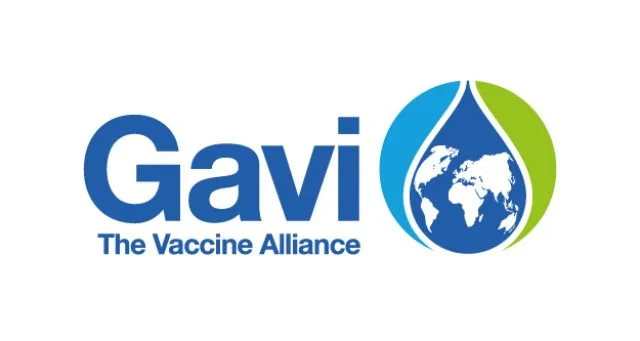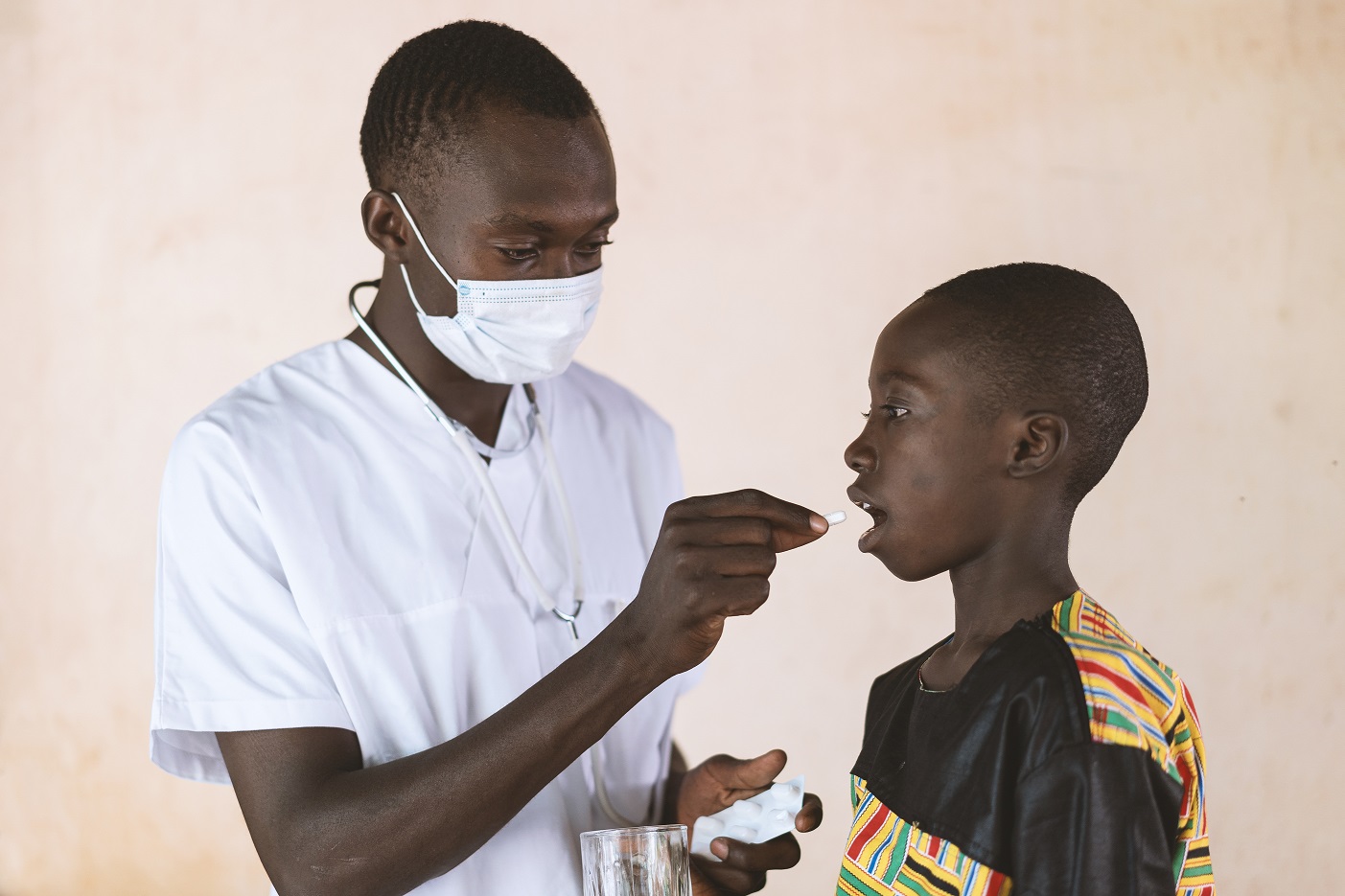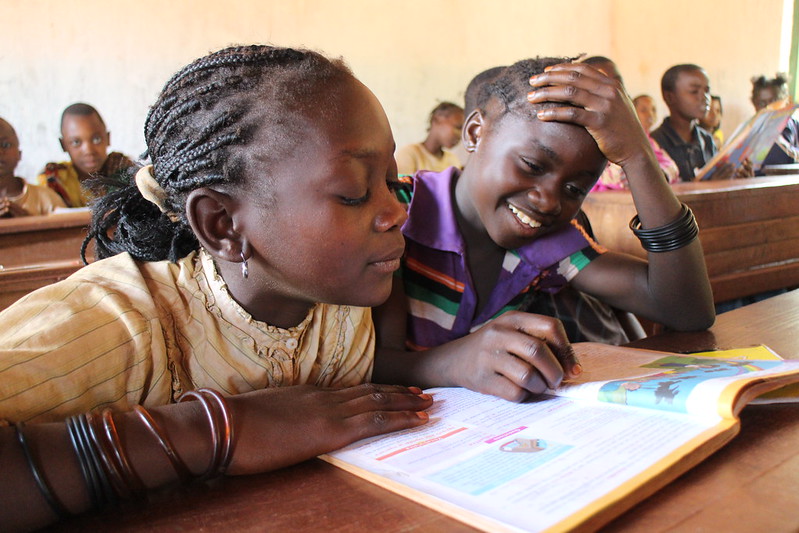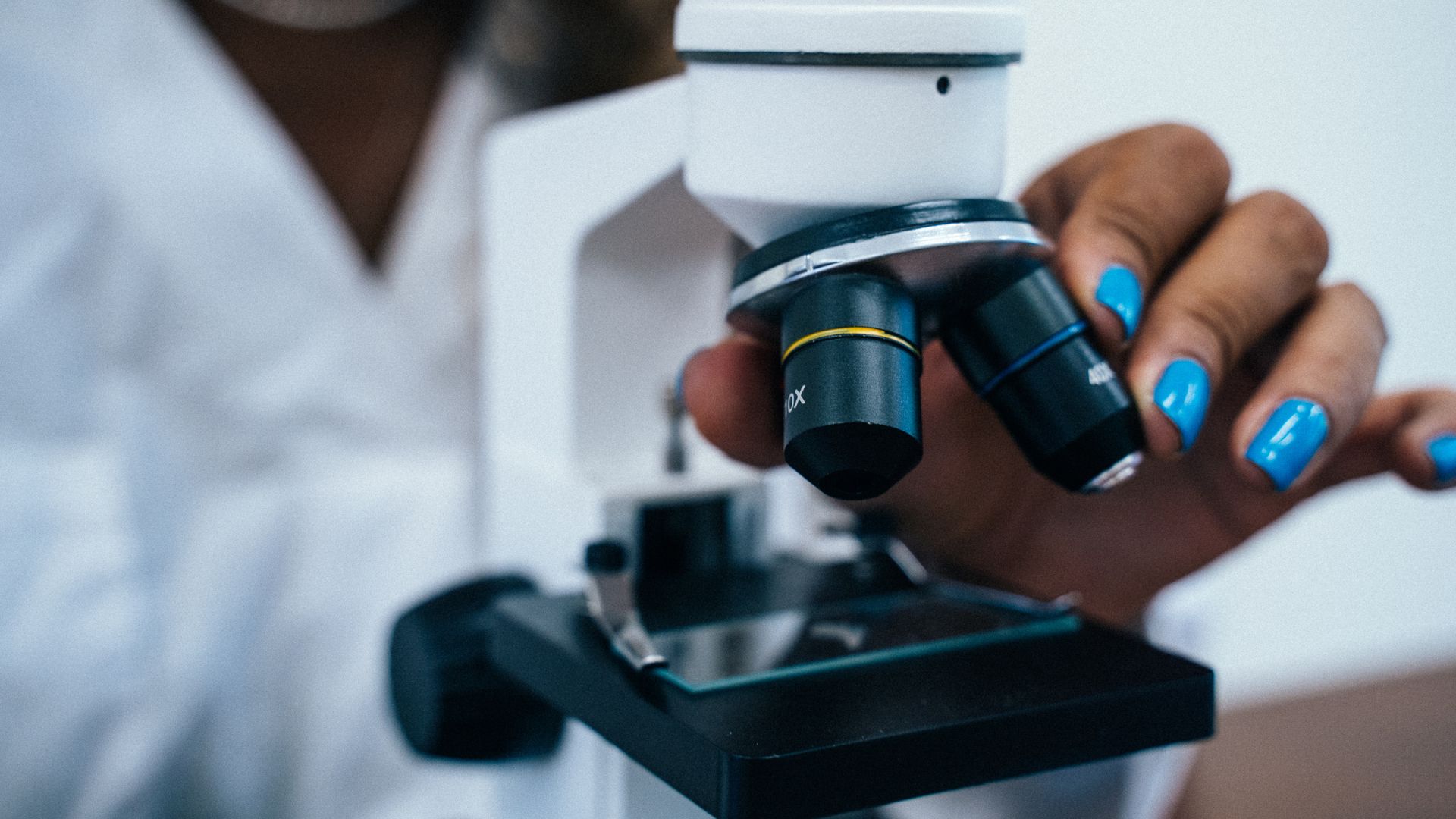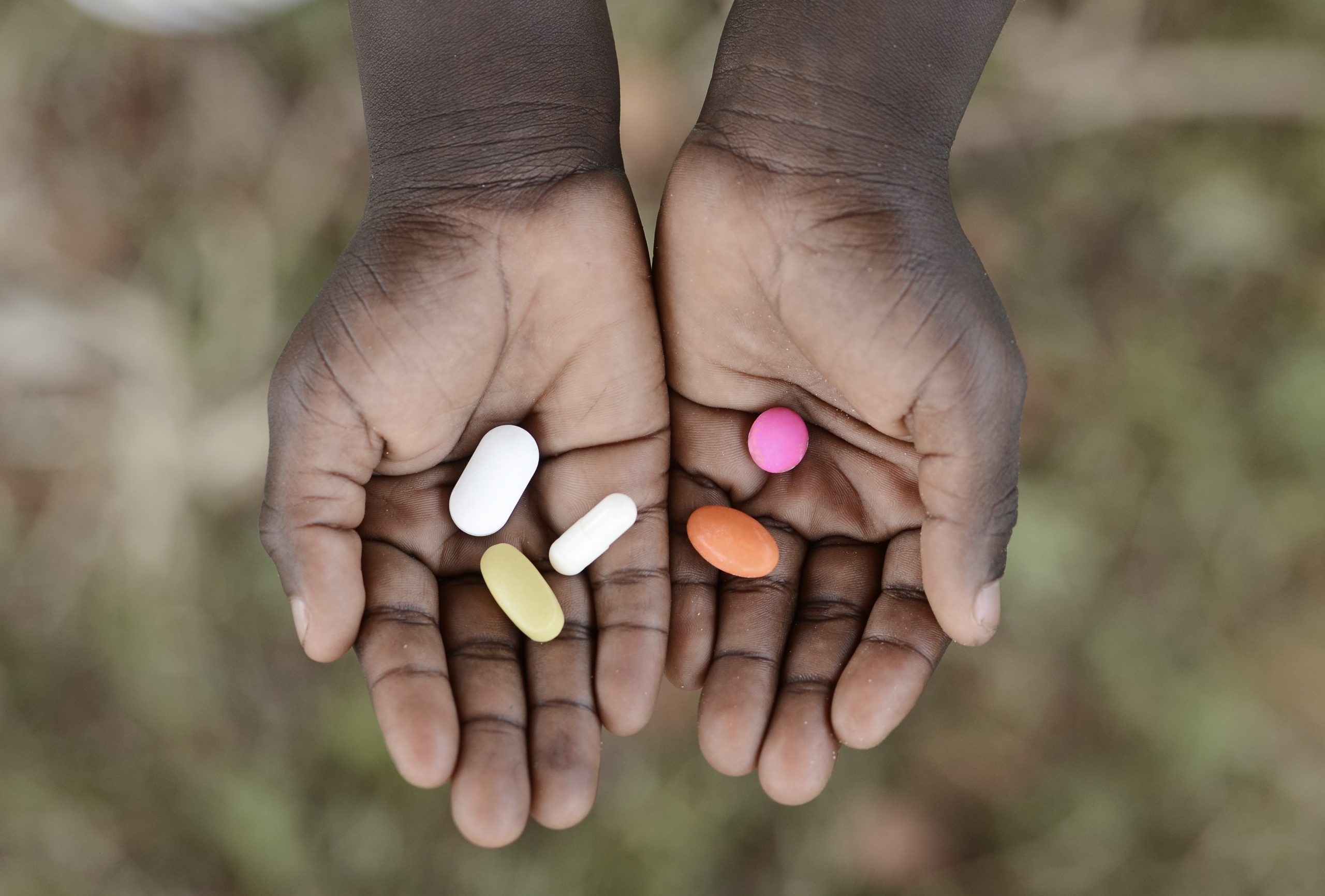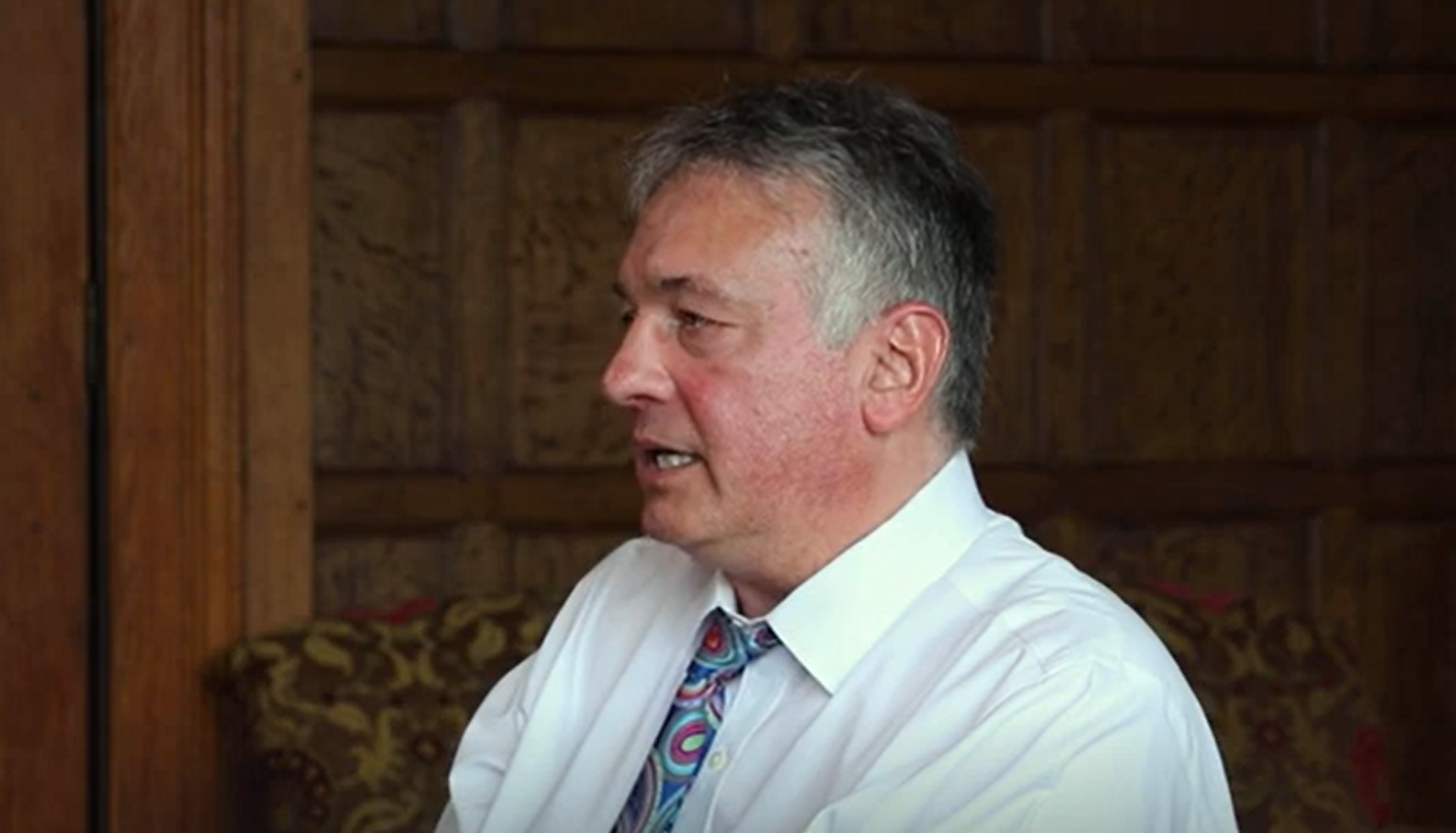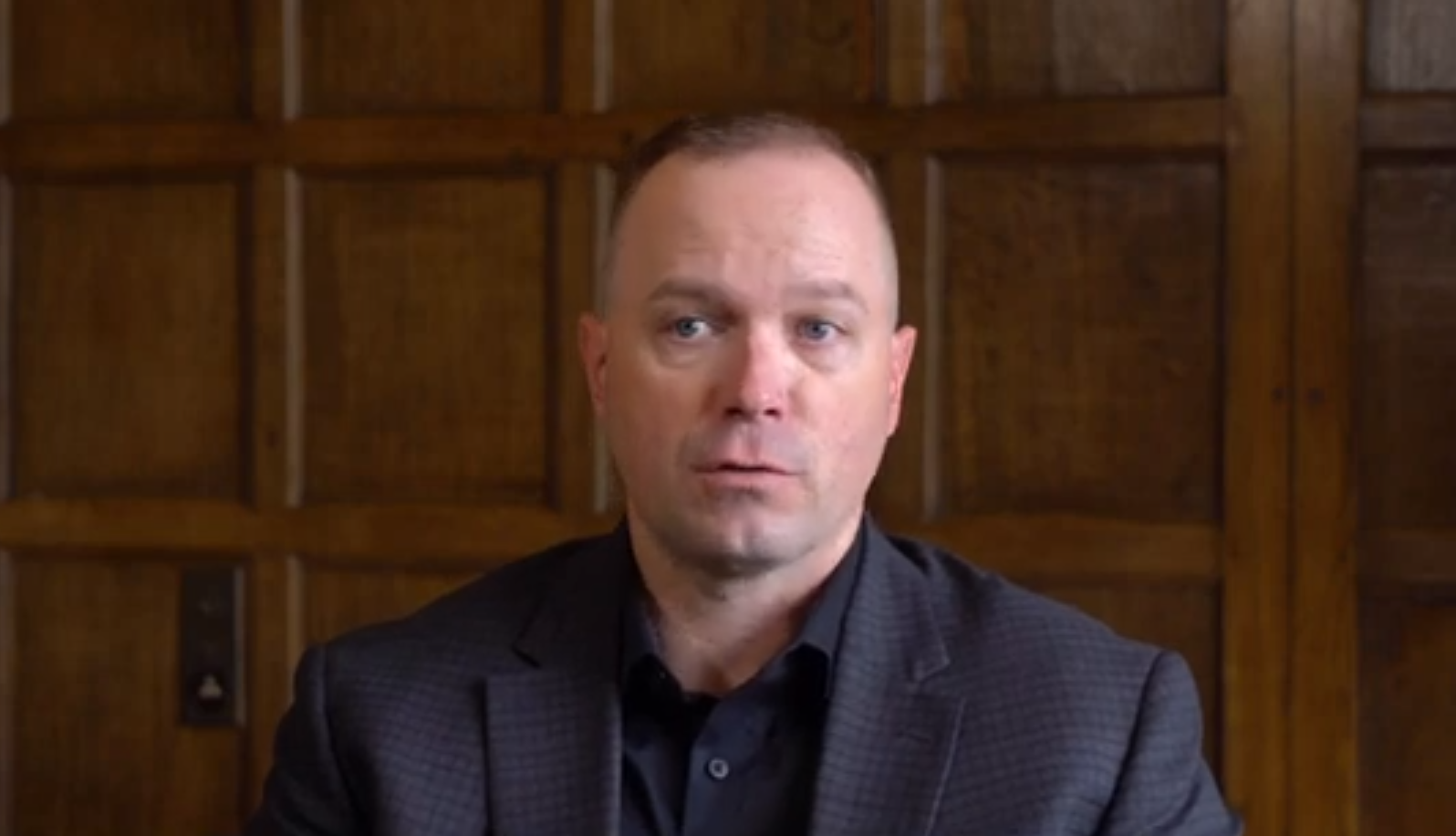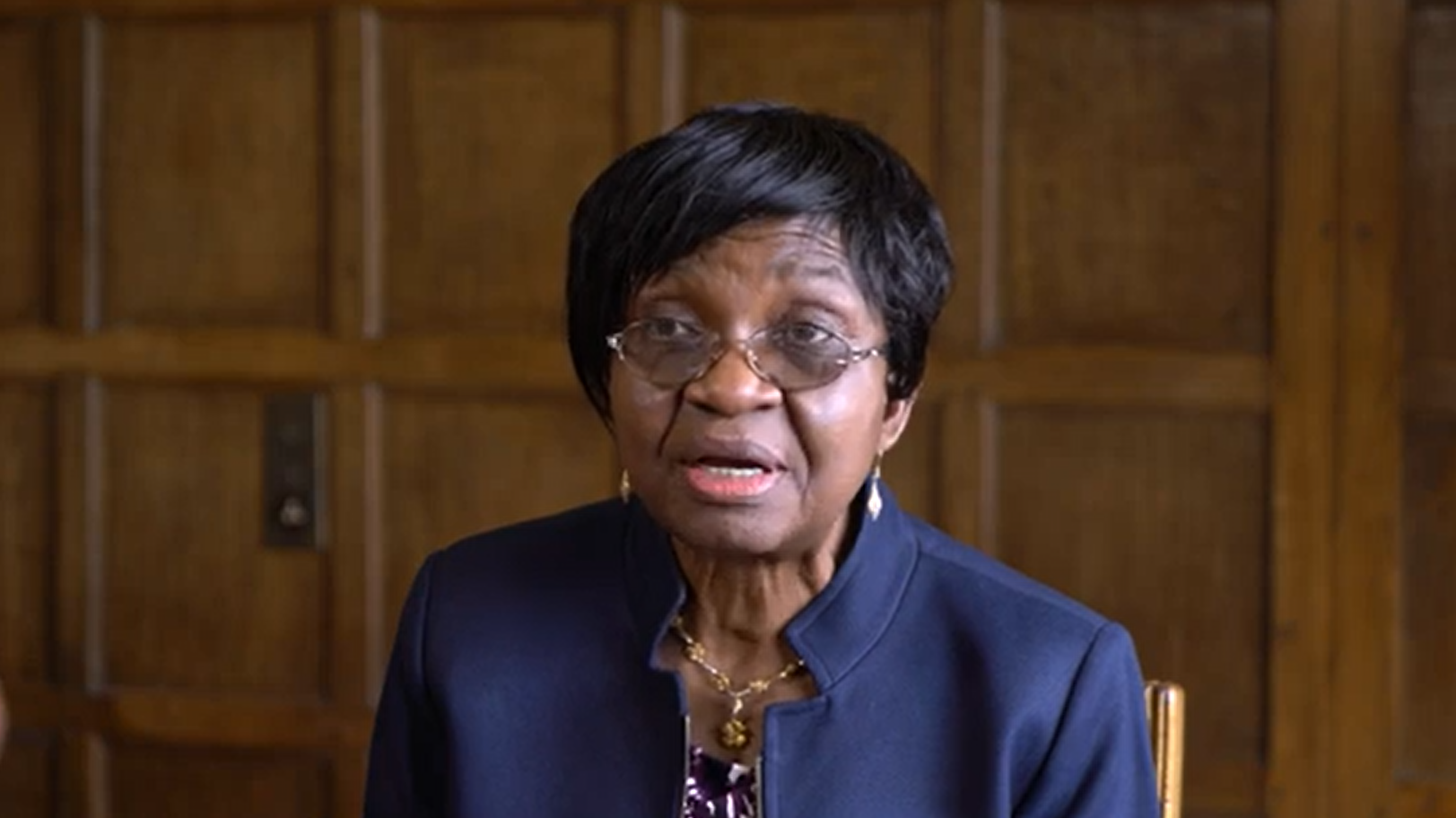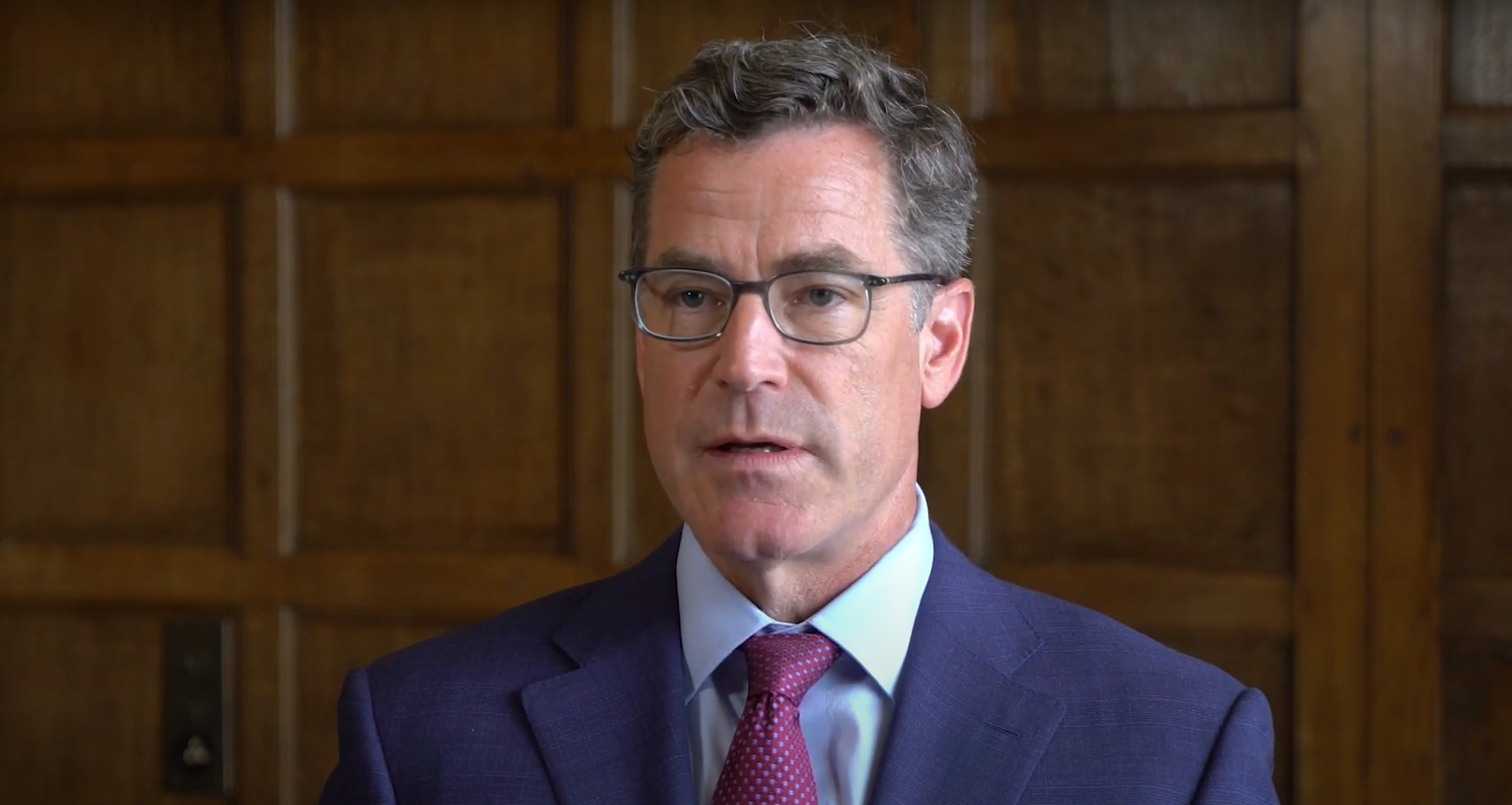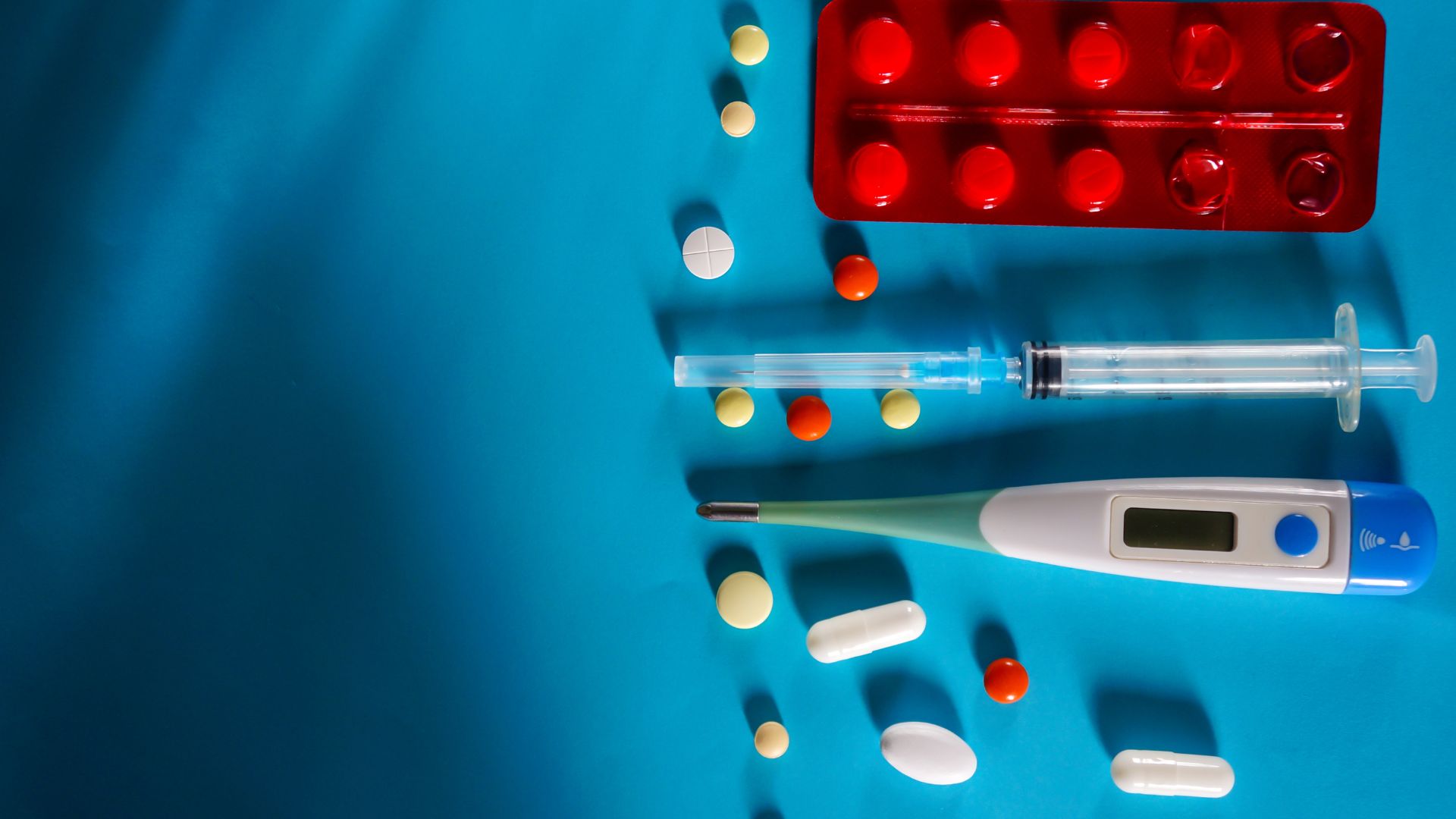Access to quality health commodities is a basic part of a functioning national health system.
Challenges for health commodity supply chain integrity, equitable access and system failures that existed well before the COVID pandemic were accentuated during a period of global crisis and scarcity. Supply chain theft or ‘leakage’ may represent criminality and corruption on a large scale, which ultimately deprives patients of access to medicines and other health products. Furthermore, the transparent and effective delivery of safe health products is undermined by the persistent problems of illicit medicines, that may take the form of deadly falsified or substandard quality products, especially in lower- and middle-income countries.
In those countries, an estimated 1 in 10 medicines is substandard or falsified. However, what was once considered a problem limited to developing and low-income countries has now become an issue for all. Both generic and innovator medicines can be falsified, ranging from products for cancer to treatments of pain. In addition, with the exponential increase in internet connectivity those engaged in the manufacture, distribution and supply of substandard and falsified medical products have gained access to a global marketplace. This means that substandard and falsified medical products contribute to antimicrobial resistance and drug-resistant infections.
Despite policy dialogue, programmatic expenditure and national engagement, sustainable supply chain integrity solutions continue to elude stakeholders. Practical and widely used solutions, such as health commodity traceability, are widely deployed in developed countries, yet similar approaches are making only slow progress in most less developed regions. Despite significant investments in regulatory harmonization and strengthening, many countries remain vulnerable to supply chain challenges. There is a need for sustained public and private sector support. Moreover, recent advances may point the way to the potential for rapid progress.
In 2013, Wilton Park hosted a dialogue that brought together medicine regulatory authorities from less developed countries, donor agencies such as the World Bank, and private sector representatives. Building on the work of and supported by the World Bank’s Global Steering Committee for Quality Assurance, this dialogue aims to reinvigorate policy coordination in the fight against falsified medicines in lower income countries by bringing together a range of public and private sector key stakeholders.
Participants will review developments over the ten years since the last Wilton Park discussion in terms of both positive and negative outcomes, critically examine impediments to progress and focus on practical solutions that build consensus around tangible and transformational course of action at a national, regional and international level required to measurably improve medicine safety in less developed regions. In particular, this dialogue aims to generate renewed focus and consensus around health commodity traceability as a realistic and high return on investment intervention for addressing health supply chain integrity.
In partnership with
